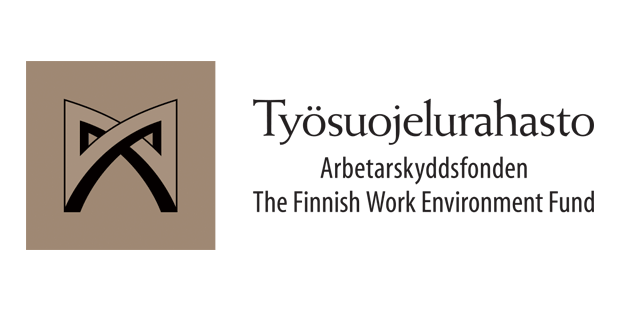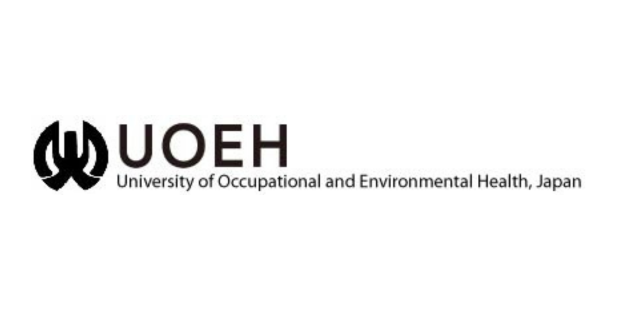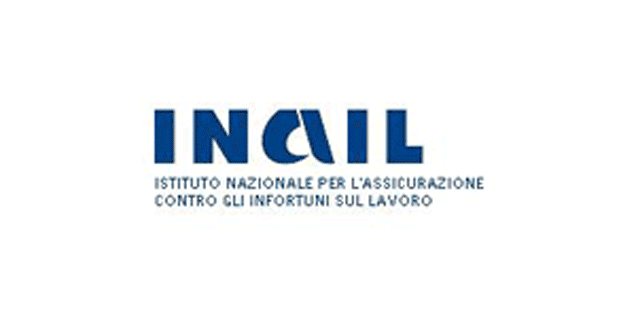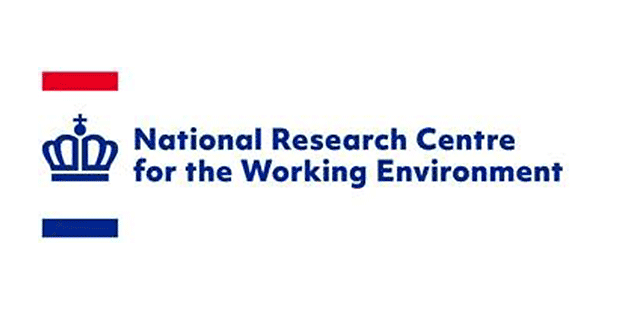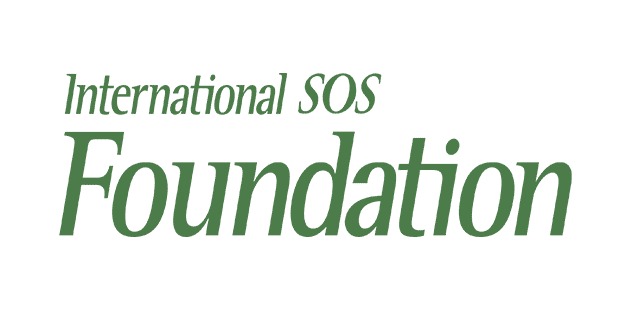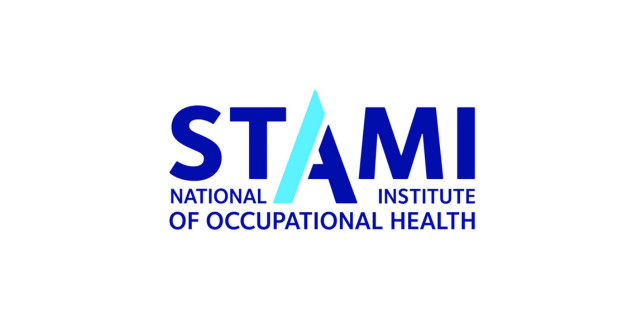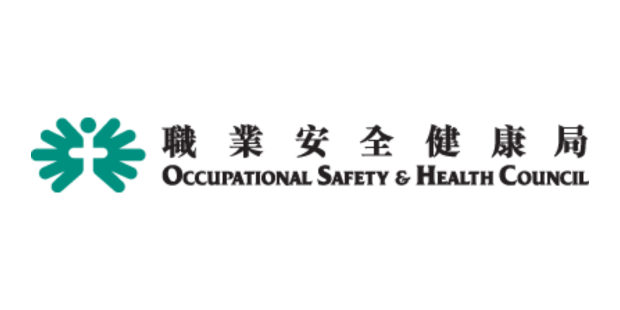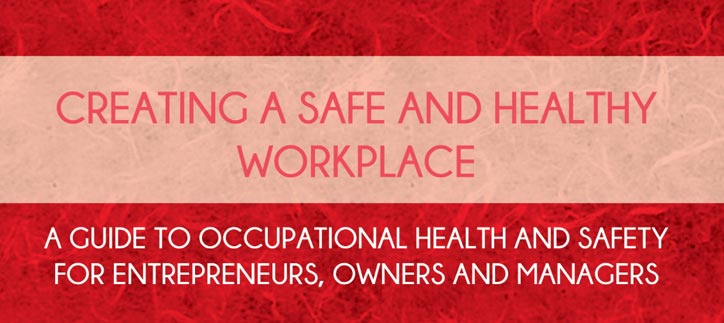Report from Task Group on Constitution and Bye-Laws
Malcolm Harrington
Bengt Knave
Gunborg Jungeteg
NOTE TO ACCOMPANY BYE LAWS
CHANGES ON THE WEBSITE
Changes to the ICOH Constitution & Bye Laws were discussed at the Singapore General Assembly. These relate to the need to recognise the crucial role that non-members of ICOH play in some of the Scientific Committees. In Singapore there was a problem over the words "executive", "officer" and "executive officer", though the reason for the need for change was accepted.
Following discussions with Peter Westerholm, Simon Folkard, Noel Humphreys and my other officers, we believe we have come up with a form of words which will allow these important people to be part of S/C activity.
It is important to note, however, that Chairpersons and Secretaries of all scientific countries must still be members in good standing
These proposed changes are for your consideration. They will be formally discussed by the Board in Rome in March 2002 with a view to General Assembly ratification in Brazil in February 2003.
Proposed changes in the ICOH Constitution and Bye-laws
1. Basic conditions:
Amendments to the Constitution may be proposed by the Board or by a group of at least ten individual members in good standing of the ICOH and after consultation with the Board. Any such proposed amendment shall be submitted for approval to the General Assembly, In any vote to change the Consitution, at least two thirds of the votes cast, with abstentions, must be in favour of the proposed change. (Article 9 - Constitution)
The Bye-laws may be amended by a simple majority of the Board present at a valid meeting. Amendments can be proposed by each of the Officers or Board Members or by at least five ICOH members in good standing. (Bye-law 17)
2. Reasons for changes in the Constitution and Bye-laws
a) To allow "associated experts" to belong to each scientific committee. Those " experts" will not be in good standing, as they will only be associated to SCs of their own area of expertise.
b) To allow "associated experts" to act in an executive role of a relevant SC. This would mean to represent the Scientific Committee in question but not ICOH!
-------------------------------------------------------------------------------------------------------------
The process required to create an ICOH Constitution with Bye-laws that provides for the above altered situation includes the following steps:
3. Changes in the Constitution
a) Article 2 Membership - Section 3 - New wording:
Only members in good standing shall be entitled to vote, to sponsor applications for membership, and to serve on the Board or as Scientific Committee Chairperson, Secretary or Treasurer, (presently: or on a Scientific Committee.)
b) Article 7 - Scientific Committees - Section 1 - New Wording:
In order to facilitate the purpose of the ICOH, Scientific Committees operate to provide a forum for ICOH members and associated experts (presently: forum for members in good standing) to meet in order to promote, share and discuss progress relating to the speciality of the committee, and to publish documentation relating to the Committee's speciality.
ICOH members and associated experts (presently: Members in good standing) may join a Scientific committee in which they have an active interest.
c) Article 7 - Scientific Committees - Section 2 - New wording:
Each Scientific Committee shall be managed by a Chairperson and a Secretary, (presently: by an Executive consisting of a Chairman, a Secretary) and , if required by the members of a Scientific Committee, a Treasurer - and other officers, in accordance with the Bye-laws.
4. Changes in the Bye-laws
a) Bye-law 1 - Individual membership
| Addition: | (f) associated experts The Chairperson of a Scientific Committee has the right to appoint associated experts of the scientific field covered by the Scientific Committee. Associated experts are appointed on their scientific expertise only and are defined as members solely of the relevant Scientific Committee and are not registered as ICOH members. Associated experts do not have the right to vote at the General Assembly or officially represent ICOH. Associated experts may serve as executive consultants to the Committee concerned. |
b) Bye-law 11 - Scientific Committees - Section 4 - New wording:
Each Scientific Committee shall establish rules for its management. In addition to what is stated in the Constitution and Bye-Laws, the rules should define the scope of the Committee, its mode of action, whether it will have other officers (presently Executives other) than the Chairperson and the Secretary, the mechanism by which new Chairpersons and Secretaries are proposed to the President, the procedure for deciding future conference venues, the mechanism for changing the rules, and other administrative matters.
c) Bye-law 11 - Scientific Committees - Section 5- New wording:
A Scientific Committee may entrust its administration to a Management group comprising, in addition to the Chairperson and the Secretary, other officers and associated experts (presently: a Board of Executives comprising, in addition to the Chairman and the Secretary, other executives) elected by registered members of the Committee, either by postal ballot or at a business meeting organised in connection with a conference.
d) Bye-law 11 - Scientific Committees - Section 8 - New wording:
A Scientific committee shall organise special meetings and conduct other activities. The Scientific Committees shall plan their programme of work for each triennium. The Management Group (presently: The Executives) shall keep the Editor of the Quarterly Newsletter informed of the Committee's activities, and at the end of each triennium they shall submit a written report on the activities and the accomplishments of the Scientific Committee to the appropriate Vice President.
5. Note! There is an inconsistency between Constitution and Bye-laws in following case:
Constitution Article 2 - Membership
Section 4
Corresponding fellows can be appointed as defined in the Bye-laws. Corresponding fellows do not pay fees.
Bye-laws 1 - Individual membership
(e) corresponding fellows:
The President may appoint corresponding fellows to the ICOH. Corresponding fellows enjoy limited rights (Article 2, section 4 of the Constitution). In addition, the Chairman of a SC...
As a consequence for correcting this inconsistency the following change is proposed in
Bye-laws - Individual membership
(e) corresponding fellows
The President may appoint corresponding fellows to the ICOH.
Corresponding fellows enjoy limited rights (Article 2, section 4 of the Constitution).
In addition, the Chairman of a SC ...



